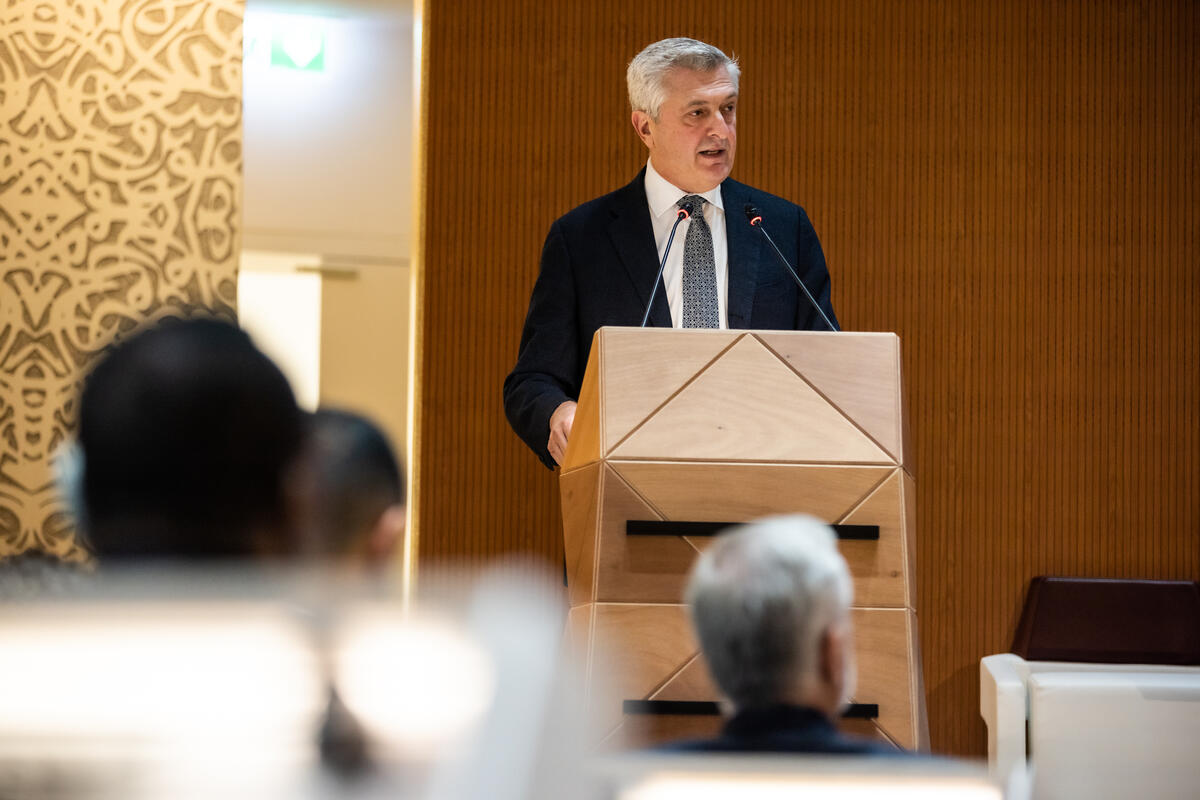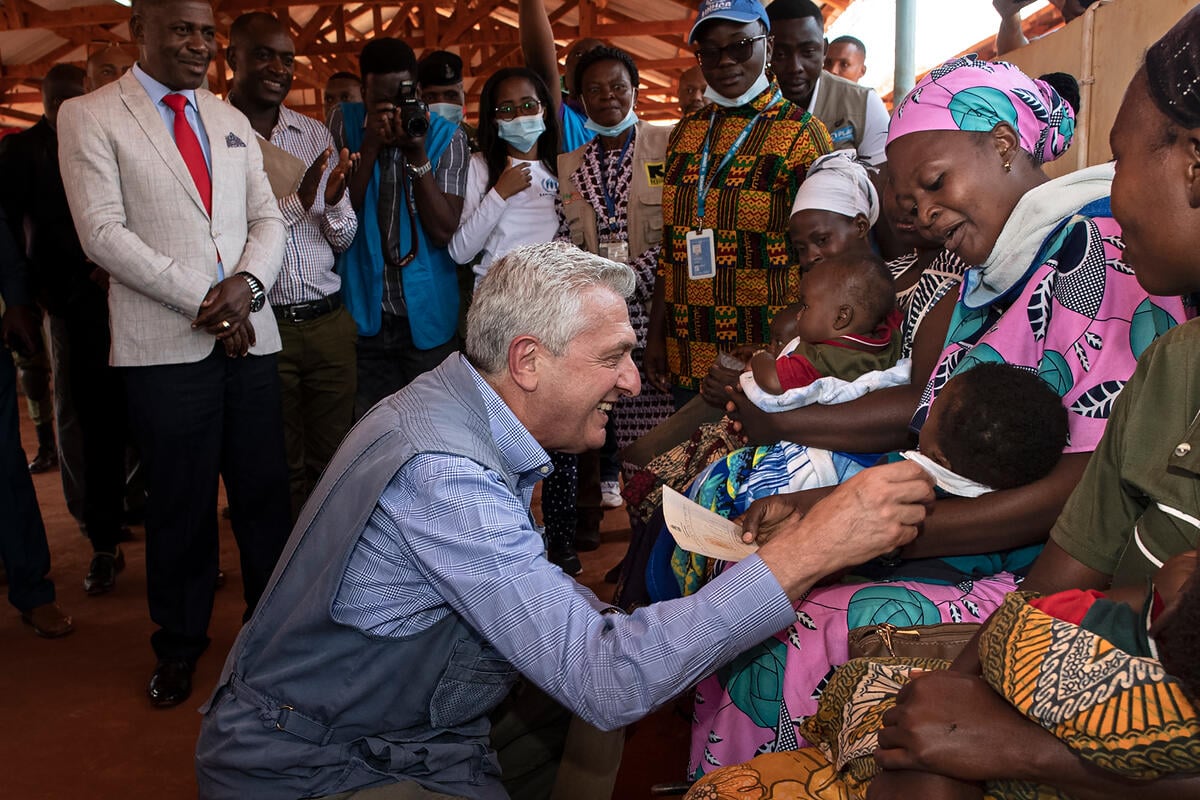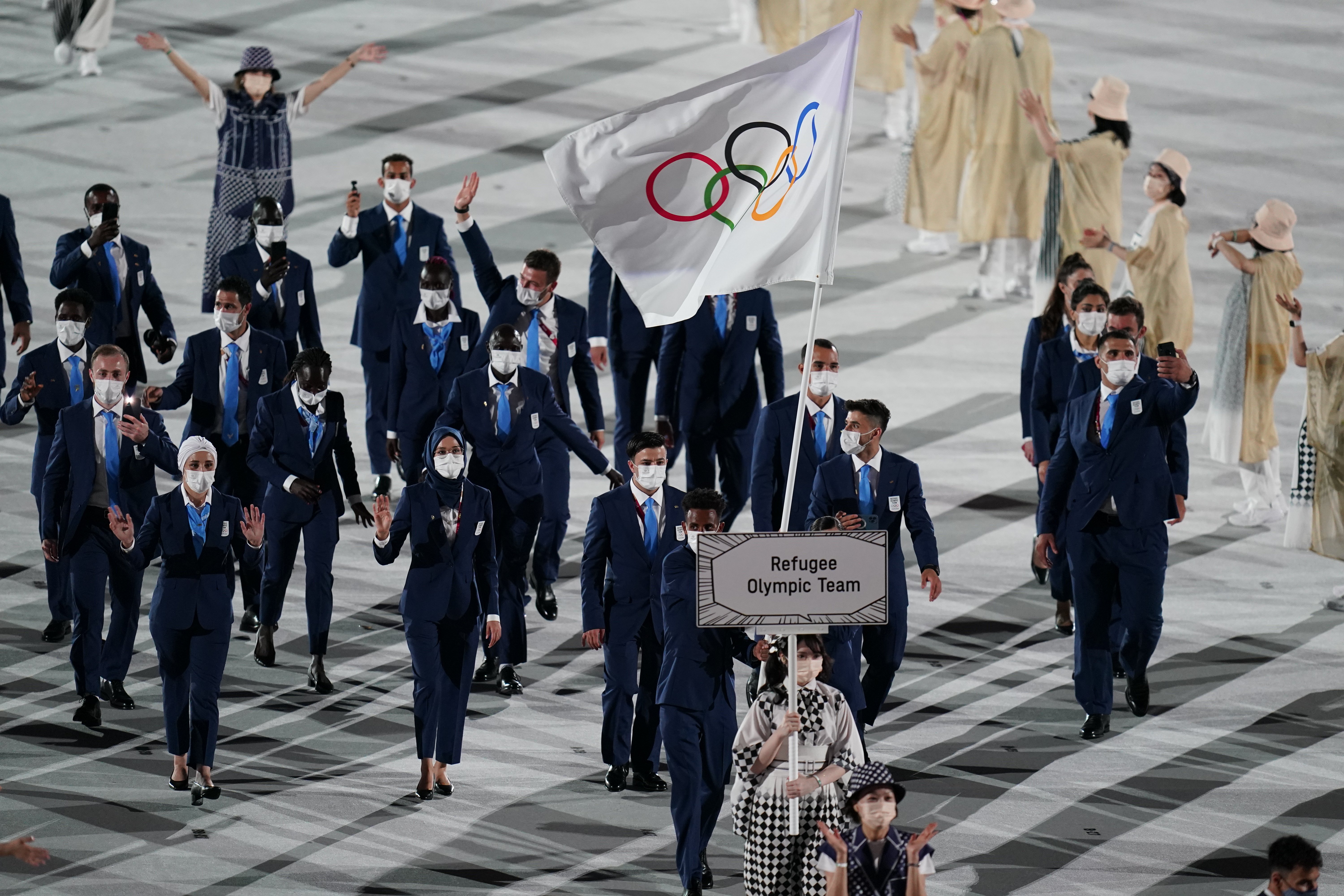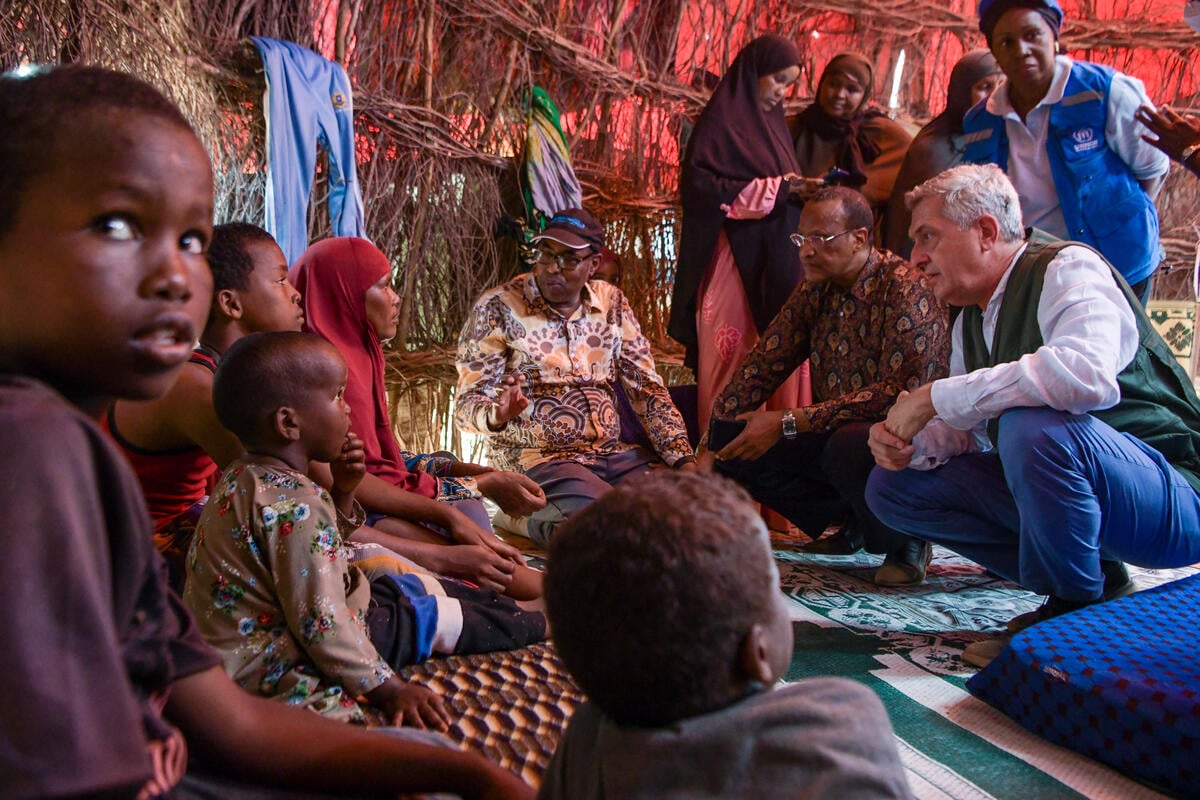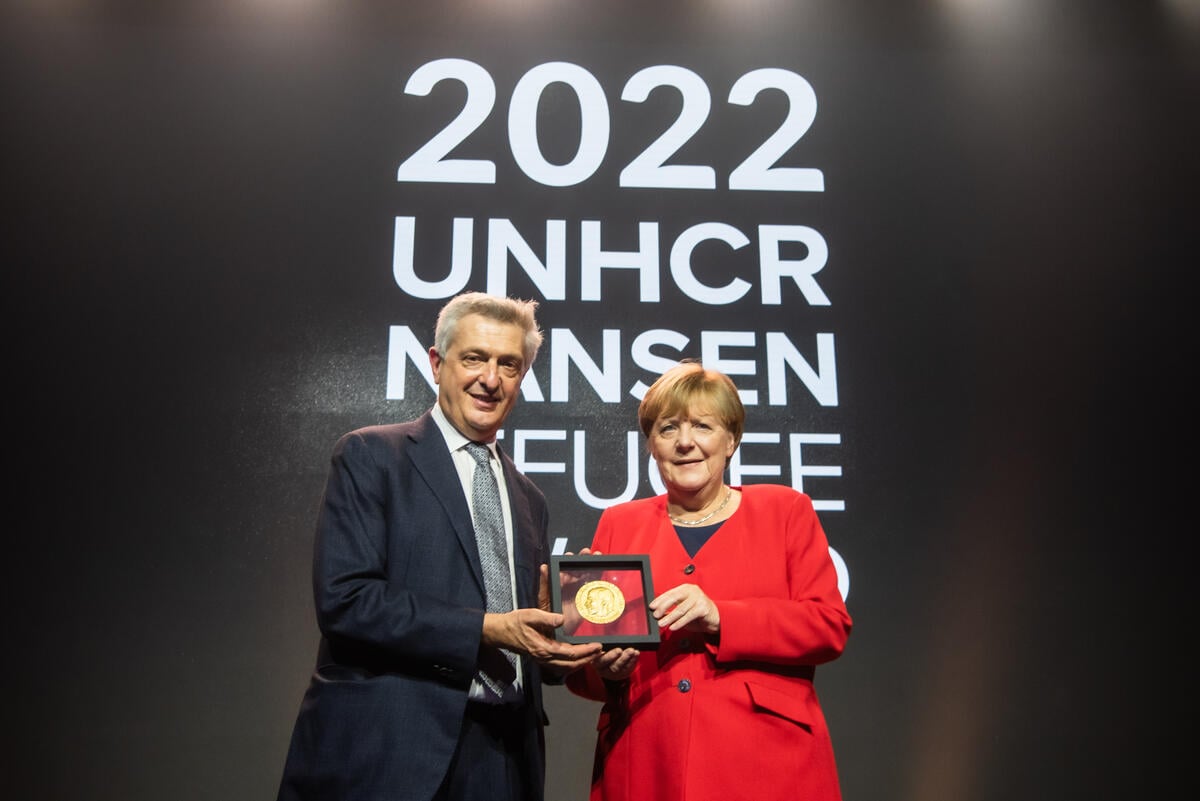UNHCR troubled by latest U.S. refugee resettlement cut
UNHCR troubled by latest U.S. refugee resettlement cut

UNHCR, the UN Refugee Agency, is troubled by the U.S. decision announced today to reduce, substantially and for the third consecutive year, the number of refugees it will admit for resettlement in the United States over the coming year. The admissions ceiling of 18,000 leaves thousands of the most vulnerable refugees in risky circumstances, sends a counterproductive message to other countries on the need for more burden-sharing and erodes one of three durable solutions for refugees.
“At a time of record forced displacement in the world, lower admissions constrain UNHCR’s ability to deliver on its refugee protection mandate and diminish our humanitarian negotiating power at the global level,” said UN High Commissioner for Refugees Filippo Grandi. “As the agency mandated by the UN General Assembly to lead and coordinate the international response to refugees, UNHCR is naturally troubled by this trend in the United States and elsewhere.
”Grandi underscored that only about half of one percent of the world’s 26 million refugees – including victims of torture, women and girls at risk and other individuals with acute vulnerabilities – are resettled to any country. This is only after intensive screening and is solely at the discretion of admitting states. Yet with the numbers of individuals and families uprooted around the world by conflict and persecution at an all-time high, resettlement needs far exceed the places governments are making available for them.
The U.S. ceiling for fiscal year 2020 starting October 1 is well below the number of people already waiting in the U.S. resettlement pipeline. Lower admissions will postpone reuniting of traumatized families and leave many living in open-ended limbo, lacking basic conditions for rebuilding their lives.
UNHCR recognizes that refugee resettlement is a humanitarian choice – not a legal obligation – and is deeply grateful for the longstanding generosity of the United States government and the American people in making that choice. It is a choice that saves lives every day. We know from our daily experience in refugee situations around the world, however, that more places are needed to help the most vulnerable. We therefore continue to call not just for more places to be made available in traditional resettlement countries but for more countries to step up and join efforts to address this growing humanitarian challenge. This is in line with our 2019-2021 strategy on resettlement and complementary pathways for refugees, which was developed in close consultation with States and stakeholders from across civil society and the private sector.
Resettlement refers to the relocation of individuals who have already been forcibly uprooted from their home countries but who remain at risk in their country of asylum and who need transfer to a third country for their health and safety.
For more information, please contact:
In Washington, Chris McGrath, mcgrath@unhcr.org, +1 202 384 0021
In Washington, Chris Boian, boian@unhcr.org, + 1 202 489 6884


